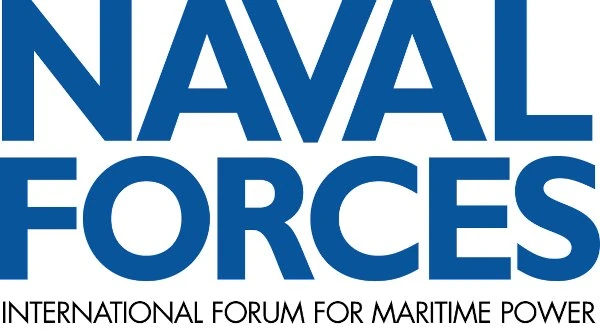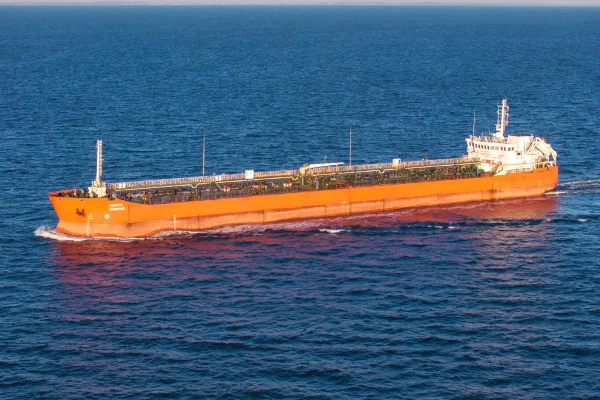Brussels, 14 May 2025 – The European Union has adopted its 17th sanctions package against Russia, targeting the so-called “shadow fleet.” These measures aim to counter Russia’s ongoing attempts to circumvent international oil sanctions and maintain revenue streams that help finance its war against Ukraine.
What is the Shadow Fleet?
The term “shadow fleet” refers to a growing number of oil tankers used by Russia to covertly transport crude oil. These vessels typically operate under flags of convenience, have opaque ownership structures, frequently deactivate their AIS transponders, and conduct ship-to-ship transfers outside established shipping lanes. The objective is to obscure the origin and destination of the oil and bypass existing trade restrictions.
Observers have noted that this clandestine maritime network not only undermines international sanctions but also poses a growing security risk in European and global waters.
Key Measures in the New EU Sanctions Package
With this latest package, the EU aims to close loopholes in its sanctions enforcement. Core measures include:
- A blacklist of approximately 200 suspect tankers believed to be actively involved in sanctions evasion.
- A ban on entry into EU ports for all vessels on this list.
- Secondary sanctions on third-country entities, including companies in Turkey, Vietnam, and Serbia that are facilitating Russian evasion tactics.
- Expanded export restrictions on dual-use goods, including electronics, precision machinery, and certain chemicals.
Responses and Assessment
The EU views the new measures as a critical step in further restricting Russian oil revenues. French Foreign Minister Jean-Noël Barrot, speaking to French broadcaster BFM TV, stated that Russia had developed ways to bypass existing sanctions. He called for additional economic pressure to curb these strategies.
According to Reuters, Barrot emphasized that intensifying sanctions would be essential to limiting Russia’s economic capacity to continue profiting from energy exports over the long term.
(Reuters, 14 May 2025)
However, the practical implementation of these measures remains a topic of internal debate within the EU. Member states with large shipping sectors – notably Greece, Malta, and Cyprus – have previously voiced reservations about stricter controls on vessel sales and flag changes.
Outlook: Increased Monitoring at Sea
The European Commission plans to step up enforcement efforts. Future actions include more systematic monitoring of vessel movements using AIS data, enhanced cooperation with international insurers, and greater transparency regarding vessel ownership and operators.
Russia’s shadow fleet thus remains not only a sanctions enforcement challenge, but also a broader threat to maritime security, environmental protection, and the rules-based international trading system.
As of 14 May 2025. This article is based on official EU communications, reports from BFM TV and Reuters, and additional research by the editorial team.
By Lutz Krieg


